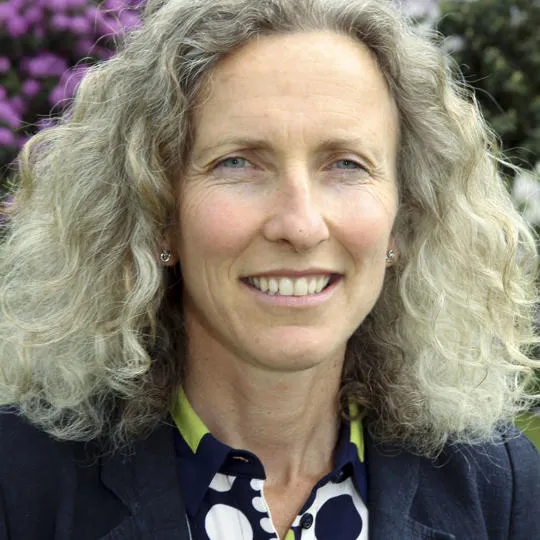
Dr Elizabeth Burchell
Research Associate (Communications Officer)
Research interests
- Neuroscience
- Mental Health
- Child & Family
- Psychology
- Disability
- Education
- Neuroscience
Contact details
Biography
Elizabeth joined King’s College London in 2022, from Birkbeck, as a Research Associate & Communications Officer to work on the Respect for Neurodevelopment Network.
Elizabeth is a psychologist with interests in developmental psychology, language development and special needs. In particular, her work focuses on individual differences and developmental trajectories in neurodevelopmental conditions in relation to school outcomes and transitional processes. This has included working with children with Down syndrome, Autism and William syndrome.
Her work has also included helping to understand what factors contribute to a good practice such as inclusion and how practices around transition impact mental health in these populations (transitions from primary to secondary school and investigating transitional changes in education for families during the COVID-19 pandemic). Elizabeth’s work seeks to increase the child’s voice within these frameworks and provide a place for them to flourish within research.
Previous positions held at: South Bank University, University College London, University of Roehampton, Birkbeck University of London
Research Interests
- Developmental
- Neurodevelopmental
- Interventions
- Transitions
- Inclusion
- Children
Publications
Ashworth, M., Palikara, O., Burchell, E., Purser, H., Nikolla, D., & Van Herwegen, J. (2021). Online and Face-to-Face Performance on Two Cognitive Tasks in Children With Williams Syndrome. Frontiers in Psychology, 11, ARTN 594465. doi:10.3389/fpsyg.2020.594465
Frederickson, N., Petrides, K. V. & Simmonds, E. (2012). Trait Emotional Intelligence as a Predictor of Socioemotional Outcomes in Early Adolescence. Personality and Individual Differences, 52 (2) 323-328.
Viding, E., Simmonds, E., Petrides, K.V., & Frederickson, N. (2009). The contribution of callous-unemotional traits and conduct problems to bullying in early adolescence. Journal of Child Psychology and Psychiatry, 50, (4), 4 71-481.
Frederickson, N., & Simmonds, E. (2008). Special Needs, Relationship Type and Distributive Justice Norms in Early and Later Years of Middle Childhood. Social Development, 17, (4), 1056-1073.
Frederickson, N., Simmonds, E., Evans, L., & Soulsby, C. (2007). Assessing Social and Affective Outcomes of Inclusion. British Journal of Special Education, 34, (2), 105-115.
Research

London Down Syndrome Consortium (LonDownS)
London Down Syndrome Consortium is a multidisciplinary group of clinicians, human geneticists, developmental psychologists, mouse geneticists, psychiatrists and cellular scientists working towards understanding dementia in people with Down syndrome.
Research

London Down Syndrome Consortium (LonDownS)
London Down Syndrome Consortium is a multidisciplinary group of clinicians, human geneticists, developmental psychologists, mouse geneticists, psychiatrists and cellular scientists working towards understanding dementia in people with Down syndrome.
